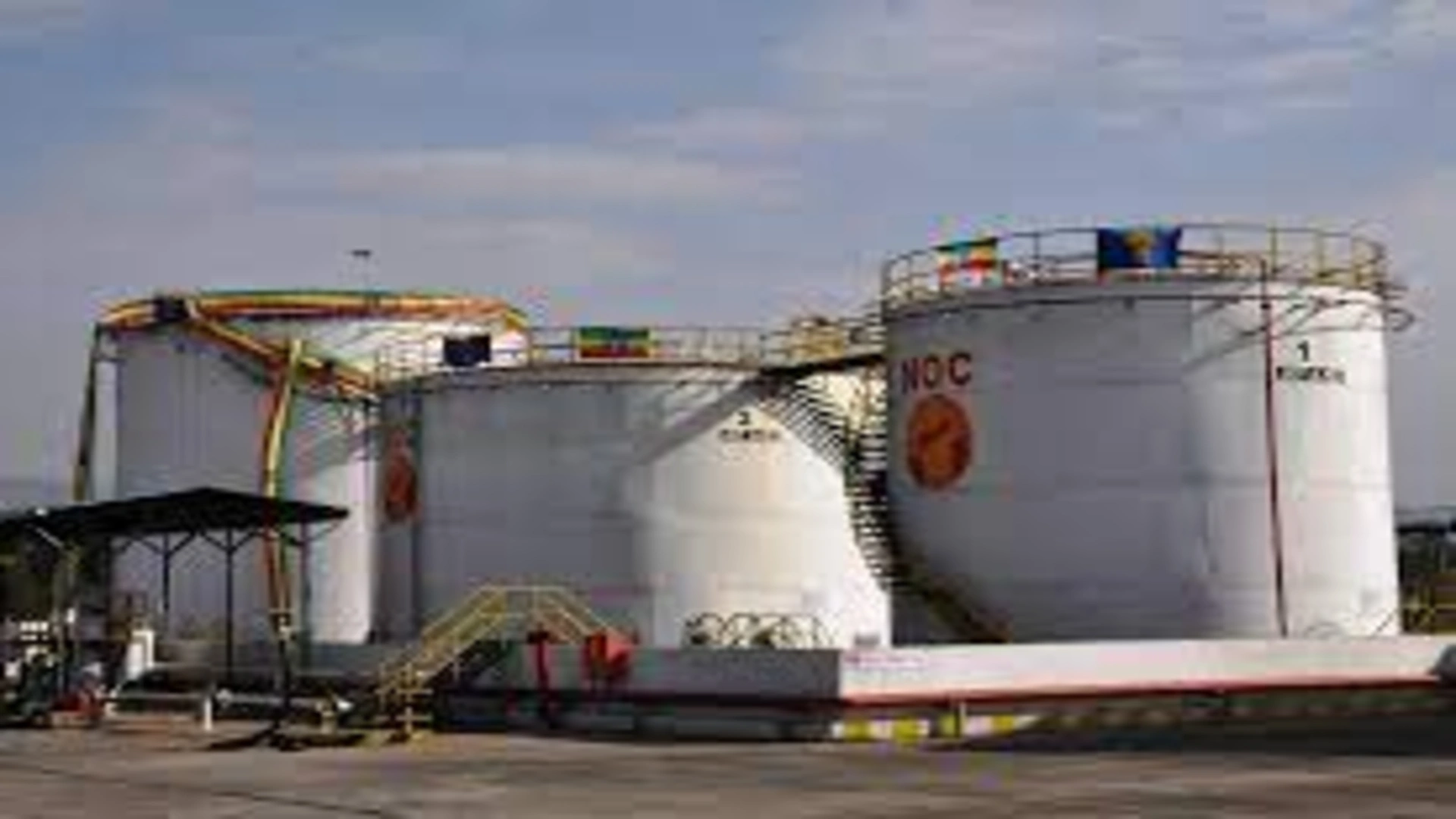Subtotal $0.00
Introduction
Founded in April 2004, National Oil Ethiopia (NOC) Plc has emerged as a leading indigenous oil marketer in Ethiopia, driving growth in the petroleum sector. With a vast network of modern service stations, NOC ensures efficient fuel distribution across homes, businesses, highways, and aviation sectors.
As NOC expanded, operational inefficiencies, disconnected systems, and compliance challenges started impacting their supply chain, inventory management, and financial tracking. To address these, Trident implemented a fully integrated digital solution, leveraging Microsoft Dynamics 365 Finance & Supply Chain for automated cost tracking, real-time inventory visibility, and streamlined financial management.
Challenges Faced by NOC Ethiopia
With an extensive fuel distribution network, NOC encountered several key challenges:
Inaccurate Fuel Volume Tracking
- Difficulty in tracking the exact volume of fuel transported in trucks and calculating losses/gains during transit.
Inefficient Cost Allocation
- Lack of a system to accurately allocate import purchase charges, affecting landed cost calculations for inventory.
Lack of Departmental Cost Visibility
- Challenges in identifying department-wise costs and expenses for proper financial planning.
Manual and Repetitive Processes
- Absence of process automation led to inefficiencies and increased manual workload.
Disconnected Systems & Data Silos
- Multiple standalone systems resulted in data inconsistencies and poor decision-making.
Compliance & Vendor Management Issues
- Uncontrolled operations led to compliance risks and difficulties in vendor tracking.
Solution Implemented by Trident
To overcome these challenges, Trident deployed an integrated digital solution, transforming NOC’s operations through:
DIP Measurement Process for Fuel Volume Tracking
- Dip Measurement was implemented to accurately measure fuel volume transported and identify transit losses or gains.
Financial Management with Microsoft Dynamics 365 Finance & Supply Chain
- Provided real-time financial insights with dashboards and reports for a clearer view of transactions.
Enhanced Process Automation
- Automated routine activities, reducing manual effort and improving operational efficiency.
Accurate Landed Cost Calculations
- Captured all import charges and added them to inventory costs for precise pricing and cost control.
Unified Business View
- Integrated all key business functions into a single platform, providing visibility into operations, compliance, costing, and inventory.
Vendor Management System
- Streamlined vendor tracking and compliance, ensuring transparency and controlled procurement processes.
Key Business Benefits
Real-time Resource & Scheduling Management
- Optimised fuel distribution with accurate demand forecasting and scheduling.
Accurate Fuel Volume Tracking
- Eliminated discrepancies by providing real-time visibility into fuel losses/gains during transit.
Improved Revenue & Cost Management
- Enhanced cost allocation and revenue tracking for better profitability insights.
Comprehensive Financial Transparency
- Detailed transaction tracking ensured better financial planning and decision-making.
Integrated Business Operations
- A single platform for inventory, compliance, vendor management, and project analysis reduced inefficiencies.
Stronger Compliance & Operational Control
- Automated regulatory tracking ensured adherence to industry standards and compliance requirements.
Conclusion
By digitising fuel distribution, financial management, and compliance tracking, Trident helped NOC Ethiopia achieve seamless operations, cost transparency, and real-time decision-making. The integration of Microsoft Dynamics 365 Finance & Supply Chain enabled NOC to optimise fuel transportation, track accurate landed costs, and enhance compliance—ensuring sustained growth in Ethiopia’s oil and gas sector.
FAQs
Q 1. What was the biggest challenge NOC Ethiopia faced before digital transformation?
Ans: The inability to accurately track fuel volume transported and allocate import purchase costs to inventory.
Q 2. How did Trident’s solution improve cost allocation for NOC?
Ans: By implementing automated landed cost calculations, ensuring every import charge was accurately added to inventory pricing.
Q 3. What is the benefit of using DIP Measurement for fuel tracking?
Ans: DIP Measurement helps monitor fuel volume losses or gains in transit, leading to accurate stock tracking.
Q 4. How did Microsoft Dynamics 365 Finance & Supply Chain help NOC?
Ans: It provided real-time financial insights, automated cost tracking, and integrated inventory management, reducing operational inefficiencies.
Q 5. Can this solution be scaled for other oil distribution companies?
Ans: Yes, the ERP-based system can be customised for any fuel distribution business, ensuring optimised inventory, logistics, and compliance management.

